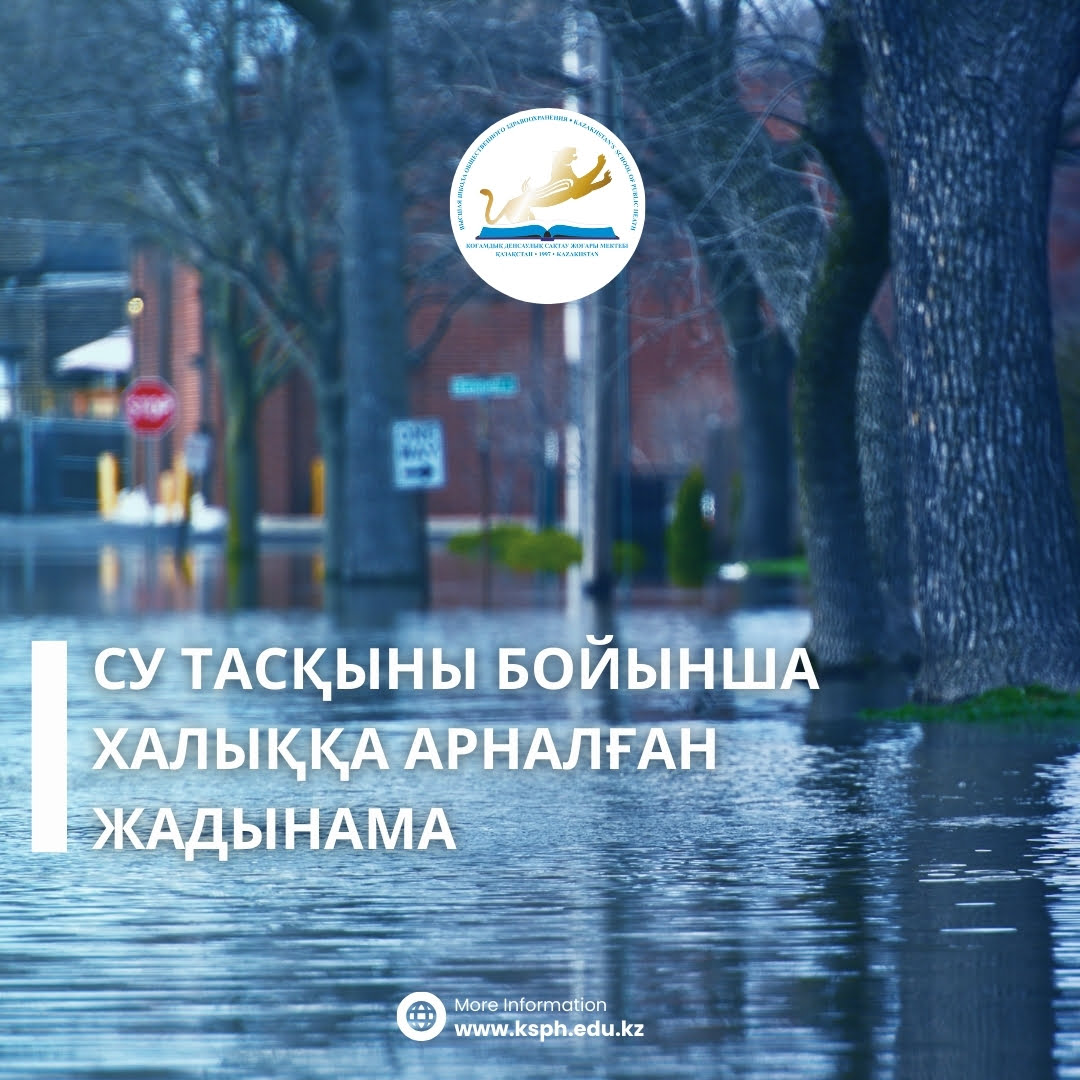Sanitary and epidemiological measures are very important in the Prevention of infectious diseases during the flood period. This is due to the fact that during floods, unfavorable epidemiological conditions can develop, which can cause infectious diseases. Among the infectious diseases transmitted through water, the most common are a group of intestinal infections, enteroviruses, hepatitis A, cholera, typhoid, paratyphoid, dysentery, leptospirosis, rotavirus enteritis.
In this regard, in case of floods and emergencies, in agreement with the Department of State Sanitary and epidemiological supervision, an enhanced regime of control over the quality of drinking water will be established. To prevent various diseases during floods, residents need to follow the following simple and effective rules:
- use only boiled or bottled water for drinking;
- strict personal hygiene, including teaching children to observe personal hygiene (washing hands before eating, after using the toilet, after playing, before cooking);
- treatment of fruits with boiling water before use, thorough washing under running water;
- Compliance with the rules of storage and preparation of food;
- Use of heat-treated food products in food;
- Do not use food products soaked in flood water;
- keeping residential premises and the area near the house clean;
- cleaning of dug pits according to filling;
- cleaning, disinfection of wells used for drinking water purposes.
Compliance with hygiene rules will protect you from many diseases!
In case of acute infectious disease symptoms: fever, vomiting, abdominal pain, etc., immediately seek medical attention from your local medical organization.



